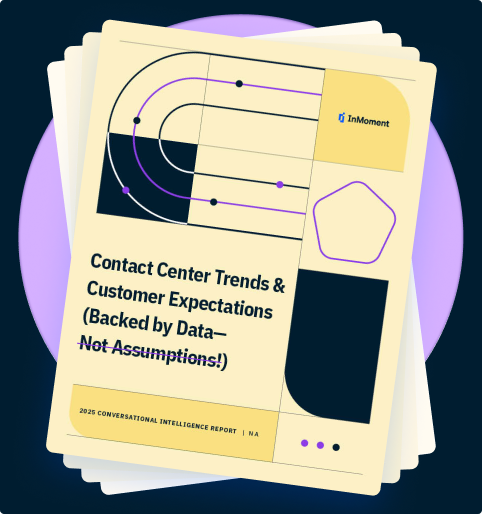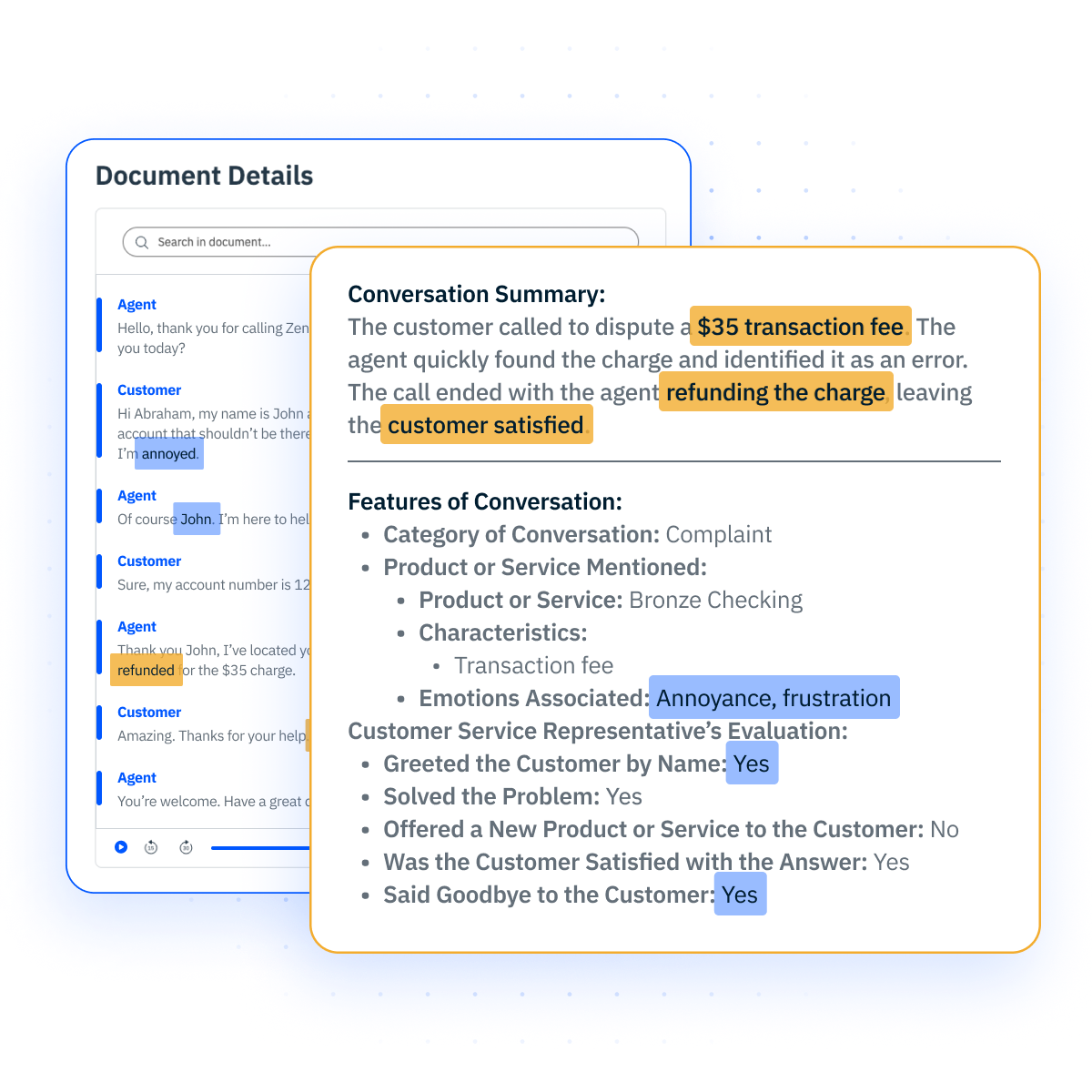Unlocking the Power of Healthcare Contact Centers: Enhancing Patient Care in the Digital Age
Healthcare contact centers play a vital role in ensuring timely access to care, improving patient communication, and enhancing overall healthcare experiences.
In the dynamic landscape of healthcare, where patient care is paramount, the role of healthcare contact centers has emerged as a vital component in ensuring seamless communication and efficient service delivery. From appointment scheduling to medical inquiries, these centers serve as the frontline of patient engagement, offering a myriad of benefits for both healthcare providers and patients alike.
What is a Healthcare Contact Center?
At its core, a healthcare contact center is a centralized hub equipped with trained personnel and technology to manage inbound and outbound communications related to healthcare services. They are more than call centers, in addition to handling incoming and outgoing calls, they often manage SMS, email, live chat, and even social media messaging. These centers typically handle a wide range of tasks, including appointment scheduling, prescription refills, insurance inquiries, and medical advice, among others.
Why are Healthcare Contact Centers Important?
The importance of healthcare contact centers cannot be overstated in today’s healthcare ecosystem. They serve as the primary point of contact for patients seeking assistance, guidance, or information regarding their health needs. By providing round-the-clock support and personalized care, these centers play a crucial role in enhancing patient experience, improving outcomes, and fostering patient satisfaction.
Not only do contact centers act as the first point of communication, but they also adopt an omnichannel approach to ensure messaging and experience are consistent. This allows healthcare centers to enhance patient experience, improve care, enhance operational efficiency, and gain deeper insights into patient behaviors and needs. An omnichannel contact center strategy enables the creation of superior patient care by seamlessly integrating various communication channels.
Why Does Healthcare Need Contact Centers?
In an era marked by digital transformation and evolving patient expectations, healthcare contact centers fill a critical gap by offering accessible, convenient, and efficient communication channels. With the rise of telemedicine and remote care, the demand for remote support services has surged, making healthcare contact centers indispensable for delivering timely and responsive care, irrespective of geographical constraints.
Expand Your Contact Center Strategy
If you operate a contact center, chances are you’re collecting data from various channels like calls, chats, social media, and surveys. However, sorting through this wealth of feedback and analyzing it can be a daunting task, potentially causing you to overlook crucial insights pivotal for business transformation. Pearl-Plaza’s conversation analytics software offers a solution by expediting the process and delivering enhanced results. From swift resolution of customer issues to optimizing operational efficiency, our software empowers you to achieve better outcomes more efficiently.
What are the Benefits of Contact Centers in Healthcare?
The benefits of healthcare contact centers extend beyond mere convenience. By leveraging advanced technology such as AI-powered chatbots, predictive customer analytics, and telecommunication tools, these centers streamline workflows, reduce wait times, and optimize resource allocation. Moreover, they empower healthcare providers to deliver personalized care, strengthen patient-provider relationships, and drive operational efficiency across the care continuum.
Healthcare contact centers play a crucial role in addressing a variety of challenges and problems within the healthcare industry. Here are some key problems that healthcare contact centers can help solve:
- Appointment Scheduling and Coordination: Contact centers streamline the process of scheduling appointments, managing cancellations, and coordinating follow-up visits, reducing wait times and optimizing provider schedules.
- Patient Education and Outreach: Contact centers serve as a valuable resource for patient education, providing information on medical conditions, treatment options, preventive care, and wellness initiatives to empower patients to make informed healthcare decisions.
- Medical Triage and Advice: Trained professionals in contact centers can conduct medical triage, assess symptoms, and provide timely advice and guidance to patients, helping them determine the appropriate level of care and avoid unnecessary emergency room visits.
- Prescription Refills and Medication Management: Contact centers facilitate prescription refills, medication adherence reminders, and medication management services, ensuring that patients have timely access to their medications and understand how to take them properly.
- Insurance Navigation and Billing Support: Patients often encounter challenges navigating the complexities of health insurance coverage and understanding medical bills. Contact centers can assist with insurance inquiries, claims processing, and billing support, helping patients resolve issues and maximize their insurance benefits.
- Follow-Up Care and Chronic Disease Management: Contact centers play a vital role in facilitating follow-up care for patients with chronic conditions, conducting post-discharge follow-up calls, monitoring patient progress, and providing ongoing support to improve health outcomes and prevent readmissions.
- Emergency Response and Crisis Management: During medical emergencies or public health crises, contact centers serve as a central hub for coordinating emergency response efforts, disseminating critical information to the public, and providing reassurance and support to concerned individuals.
- Language and Cultural Barriers: Contact centers with multilingual staff and interpretation services help overcome language and cultural barriers, ensuring that patients from diverse backgrounds receive equitable access to healthcare services and information. If you aim to enhance experiences across all interactions, Pearl-Plaza’s XI Platform offers support for over 41 languages and dialects. This capability empowers you to elevate customer experiences on a global scale.
- Remote Monitoring and Telehealth Support: With the rise of telehealth and remote monitoring technologies, contact centers play a key role in facilitating virtual consultations, remote patient monitoring, and telehealth support services, expanding access to care and improving care coordination.
- Patient Satisfaction and Experience: By providing responsive, personalized, and compassionate care, contact centers contribute to improved patient satisfaction and experience, fostering trust, loyalty, and positive relationships between patients and healthcare providers.
Overall, healthcare contact centers serve as a critical component of the healthcare ecosystem, addressing a wide range of challenges and enhancing the quality, accessibility, and efficiency of healthcare services for patients and providers alike.
Common Healthcare Contact Centers Trends
As healthcare continues to evolve, several key trends are shaping the future trajectory of contact center optimization:
Digital Transformation: Contact centers are embracing digital channels such as mobile apps, text messaging, and social media to cater to the preferences of tech-savvy patients and enhance accessibility.
Those aiming to elevate their digital transformation journey are embracing integrated customer experiences. By harnessing unstructured data across every touchpoint of the customer journey, they extract invaluable insights to drive the most informed and strategic decisions.
Telehealth Integration: With the rapid expansion of telehealth services, contact centers are increasingly integrating telecommunication tools to facilitate remote consultations, triage patients, and coordinate virtual care delivery.
Data Analytics and Insights: Leveraging big data analytics, contact centers can derive actionable insights into patient needs, preferences, and behaviors, enabling proactive interventions, targeted outreach, and continuous improvement.
AI and Automation: The integration of contact center AI is revolutionizing contact center operations, enabling predictive analytics, intelligent routing, and virtual assistants to enhance efficiency and personalize patient interactions.
Focus on Patient Experience: In an era of consumer-centric healthcare, contact centers are prioritizing patient experience initiatives, such as patient feedback mechanisms, sentiment analysis, and service excellence training, to drive patient satisfaction and loyalty.
What to Look for in a Healthcare Contact Center Software Solution
Selecting the right software solution is crucial for optimizing the performance and effectiveness of a healthcare contact center. Here are some key factors to consider when evaluating healthcare contact center software:
- HIPAA Compliance: Given the sensitive nature of healthcare data, it’s essential to choose a software solution that complies with HIPAA regulations to ensure the confidentiality and security of patient information.
- Integration Capabilities: Look for a software solution that seamlessly integrates with existing electronic health record (EHR) systems, telehealth platforms, and other essential healthcare applications to facilitate smooth data exchange and workflow automation. To improve customer satisfaction and experience within your contact centers, look for software that offers CX integrations.
- Multichannel Communication: Patients expect flexibility in how they communicate with healthcare providers. Ensure that the software supports multiple communication channels, including voice calls, email, SMS, live chat, and social media, to accommodate diverse patient preferences.
- Scalability and Flexibility: As your contact center grows and evolves, the software should be able to scale accordingly to accommodate increasing call volumes, additional features, and expanding service offerings. Choose a flexible solution that can adapt to changing needs and requirements.
- Advanced Analytics and Reporting: Comprehensive analytics and reporting capabilities are essential for monitoring key performance metrics such as customer experience KPIs, identifying trends, and gaining actionable insights into contact center operations and patient interactions. Look for software that offers robust reporting tools and customizable dashboards.
- AI and Automation Features: Leverage the power of artificial intelligence and automation to enhance efficiency and productivity within the contact center. Features such as intelligent call routing, chatbots for initial triage, and predictive analytics can help streamline workflows and improve the overall patient experience.
- Comprehensive Training and Support: Choose a software provider that offers comprehensive training resources, ongoing technical support, and dedicated account management to ensure a smooth implementation process and continued success with the software.
- Compliance and Security Measures: Beyond HIPAA compliance, consider additional security measures such as data encryption, role-based access controls, and audit trails to safeguard patient information and maintain regulatory compliance.
- Customization Options: Every healthcare organization has unique requirements and workflows. Look for a software solution that offers customization options and configurable settings to tailor the platform to your specific needs and preferences.
- Vendor Reputation and Reliability: Lastly, evaluate the reputation and track record of the software vendor. Choose a reputable provider with a proven history of delivering reliable, high-quality solutions and excellent customer service.
By carefully considering these factors and conducting thorough research, you can select a healthcare contact center software solution that aligns with your organization’s goals, enhances patient engagement, and improves overall operational efficiency.
Get the Most Out Of Your Healthcare Contact Center Solutions with Pearl-Plaza
Healthcare contact centers represent a cornerstone of modern healthcare delivery, bridging the gap between patients and providers and driving transformative change in the way healthcare services are accessed and delivered.
Amplify your contact center technology arsenal with Pearl-Plaza’s conversational analytics software. Our AI-powered technology extracts valuable insights from various channels, such as calls and transcripts, uncovering impactful opportunities and efficiencies. By embracing this innovation, these centers are poised to play an increasingly pivotal role in shaping the future of healthcare.
Learn More
Discover a real-world customer story featuring popular retailer Foot Locker, showcasing how they leveraged Pearl-Plaza’s conversational analytics software. By tapping into the insights gleaned from call and chat transcripts, Foot Locker identified root causes and issues, gaining a deeper understanding of customer sentiments. The well-known retailer remains No. 4 on Forbes’ most engaged companies list and has an impressive 84.4% OSAT score.






